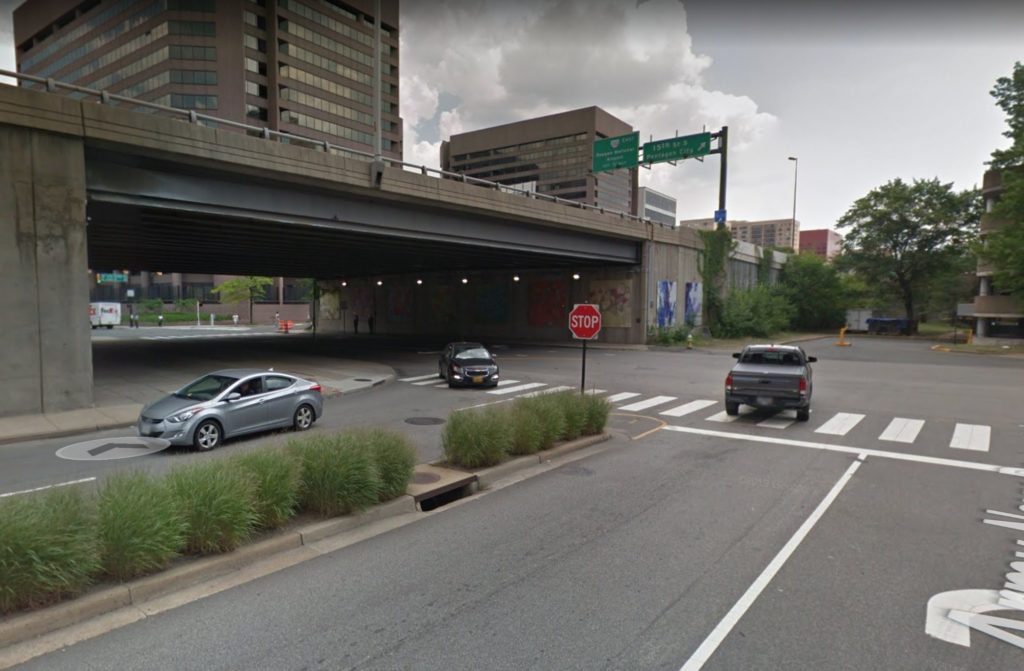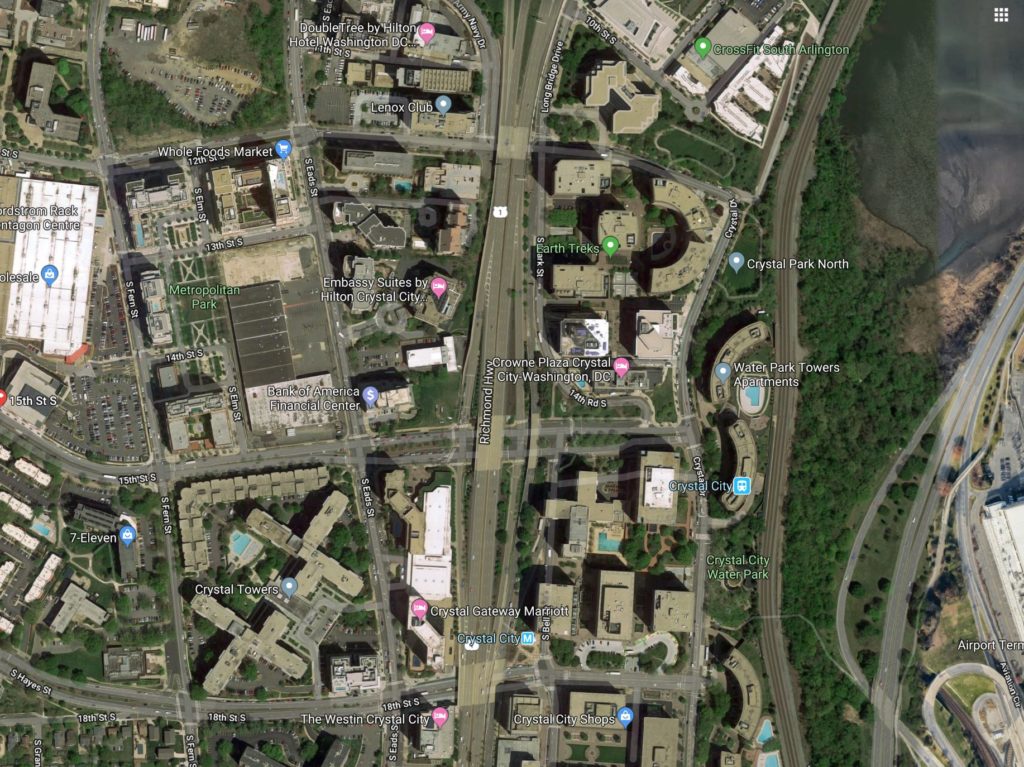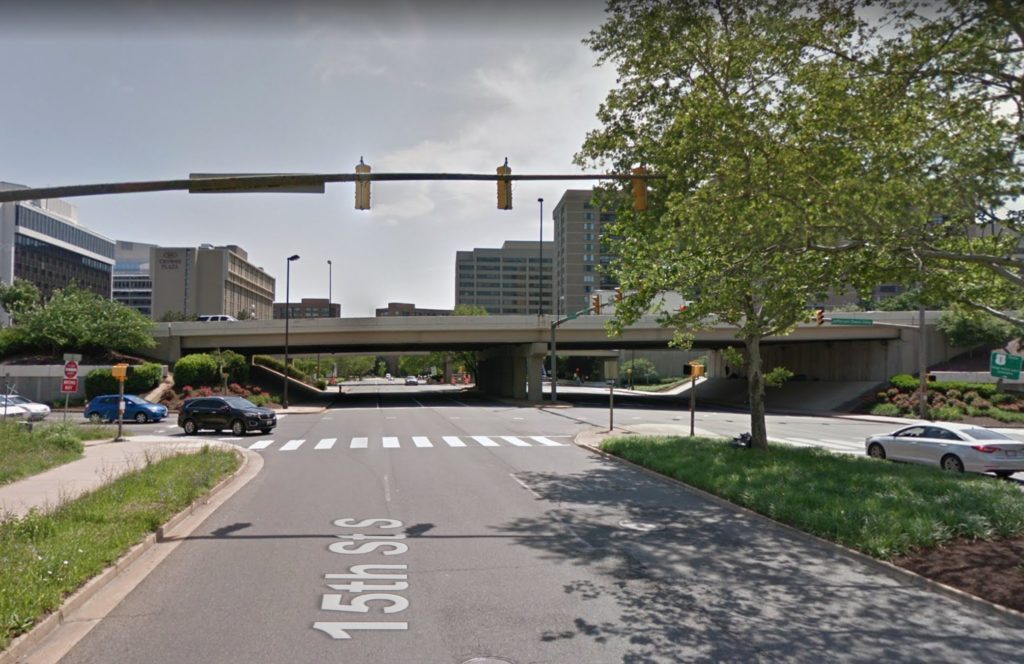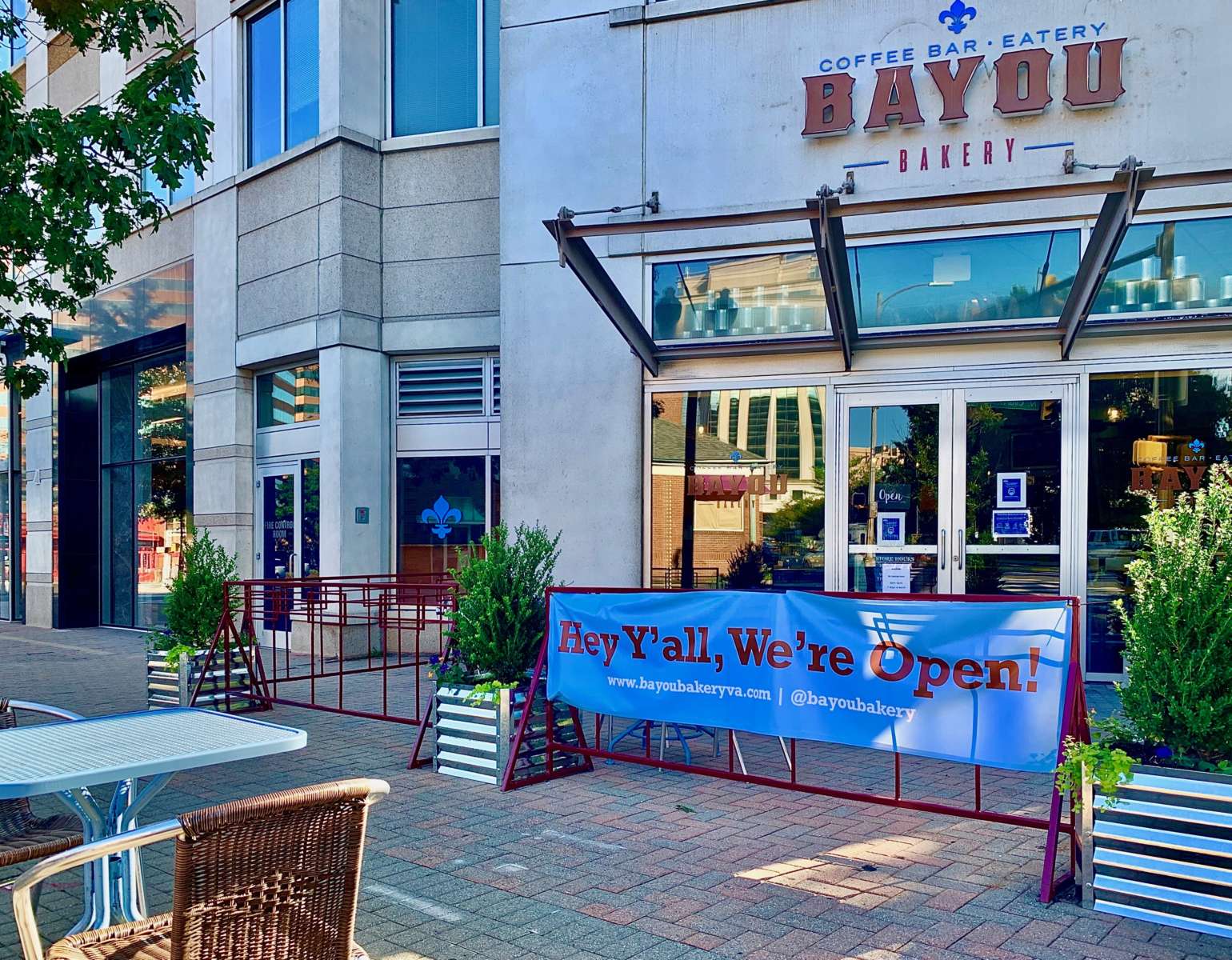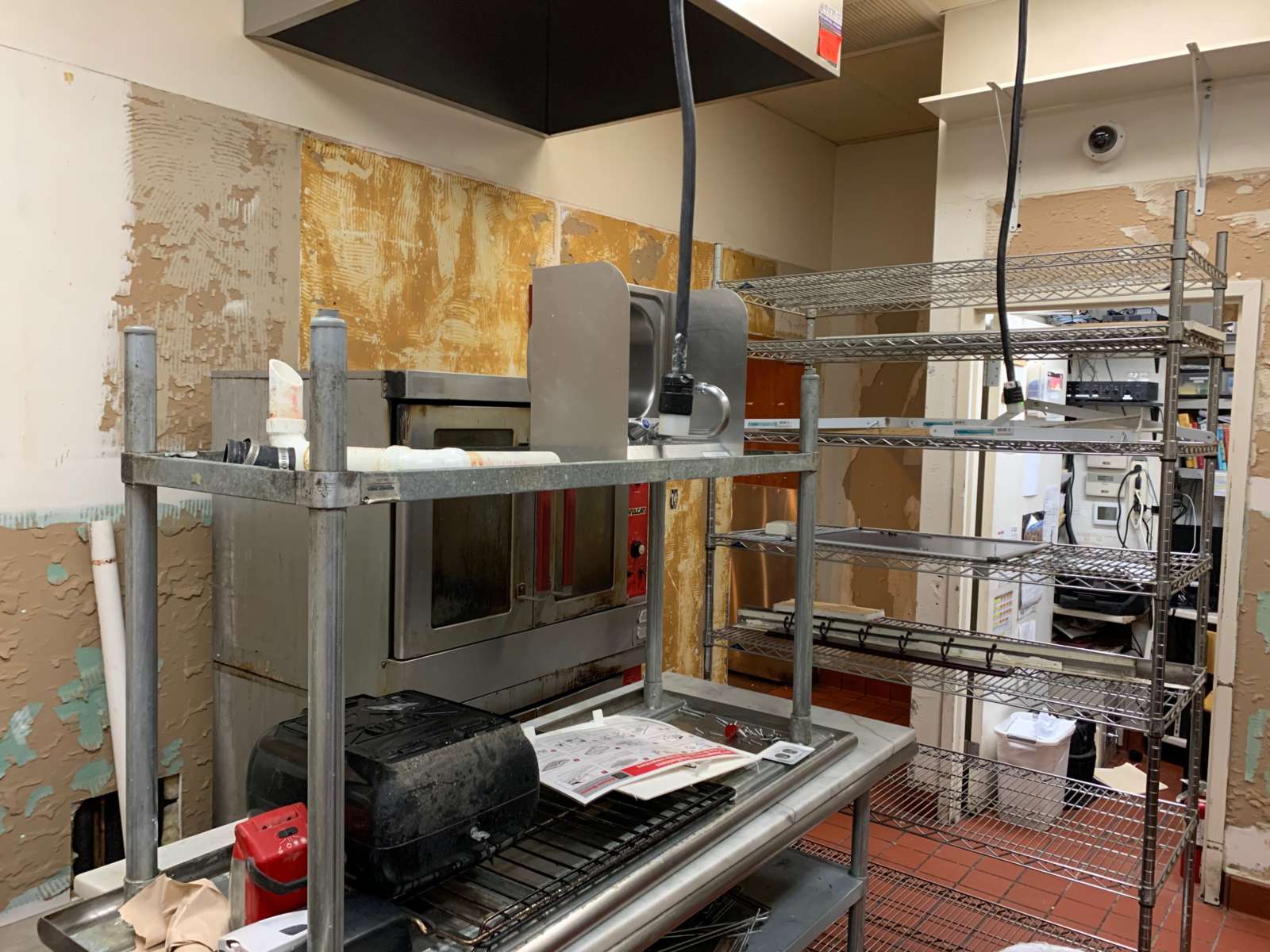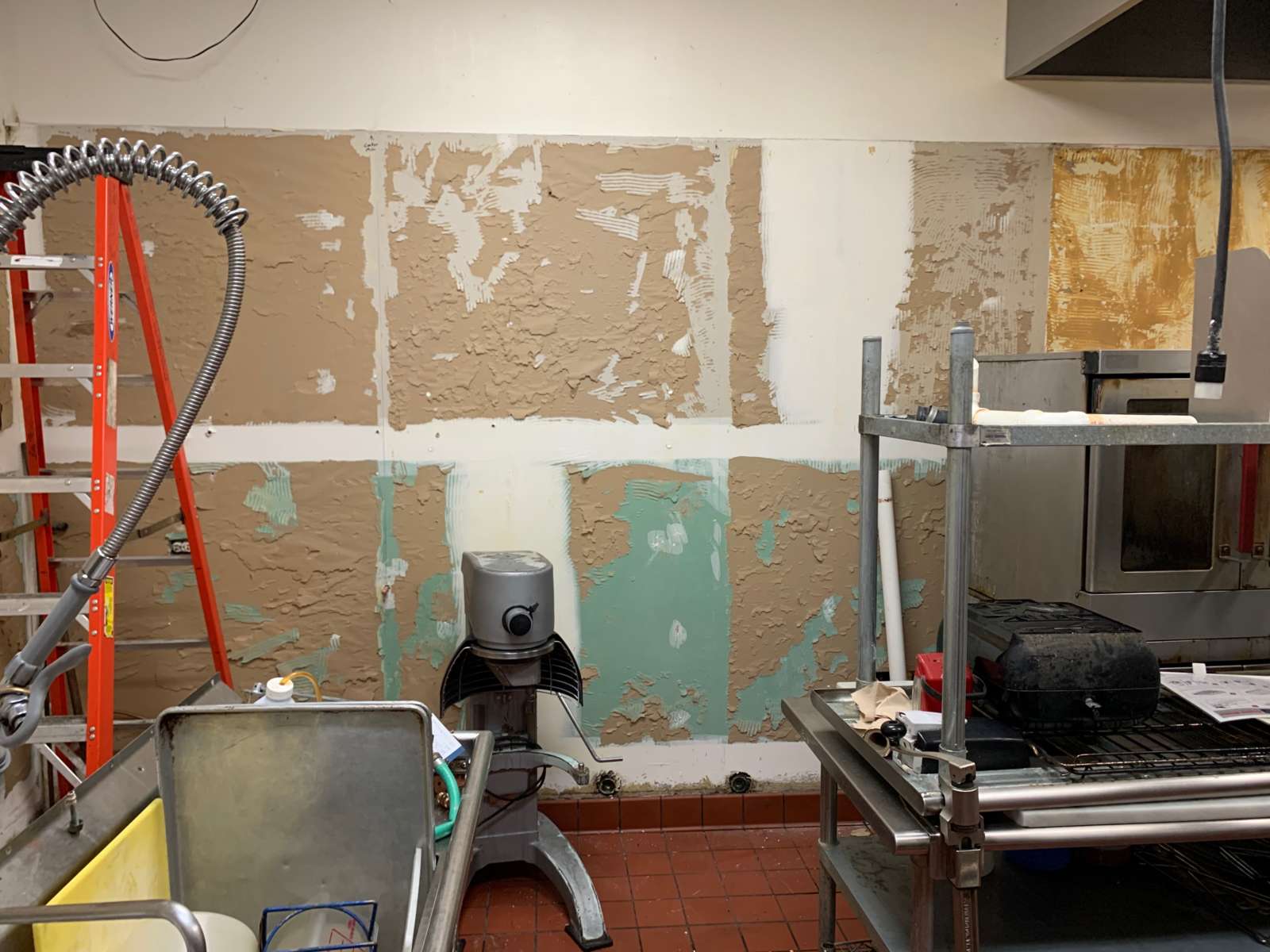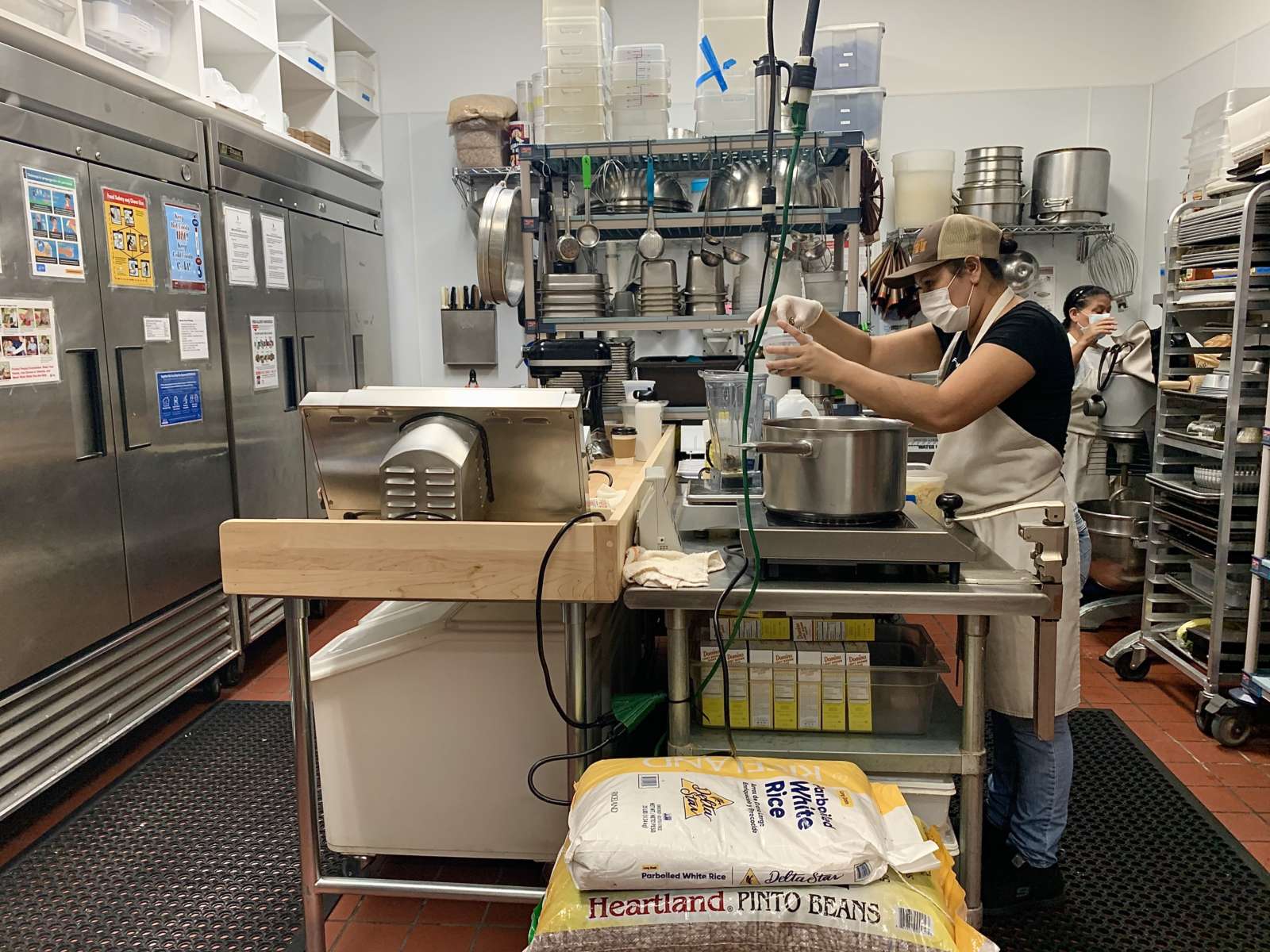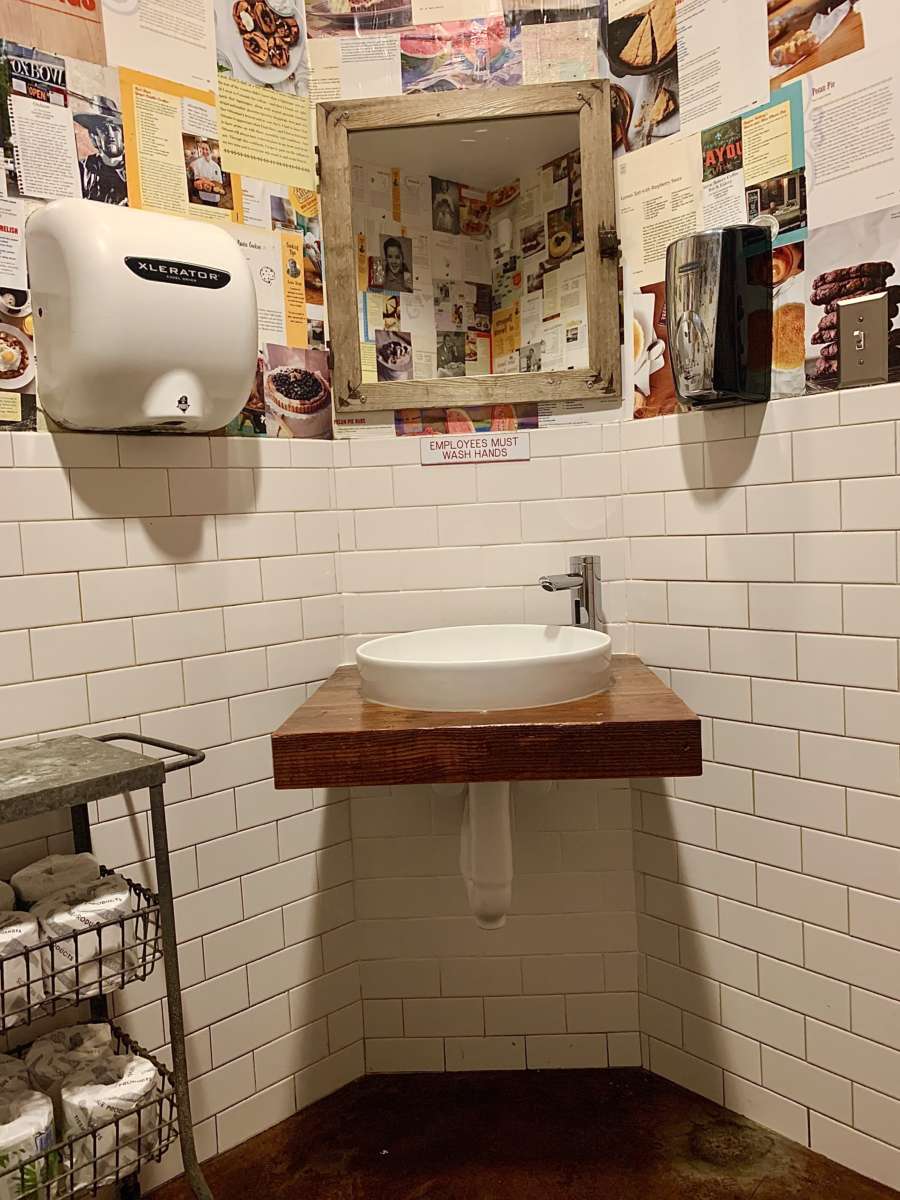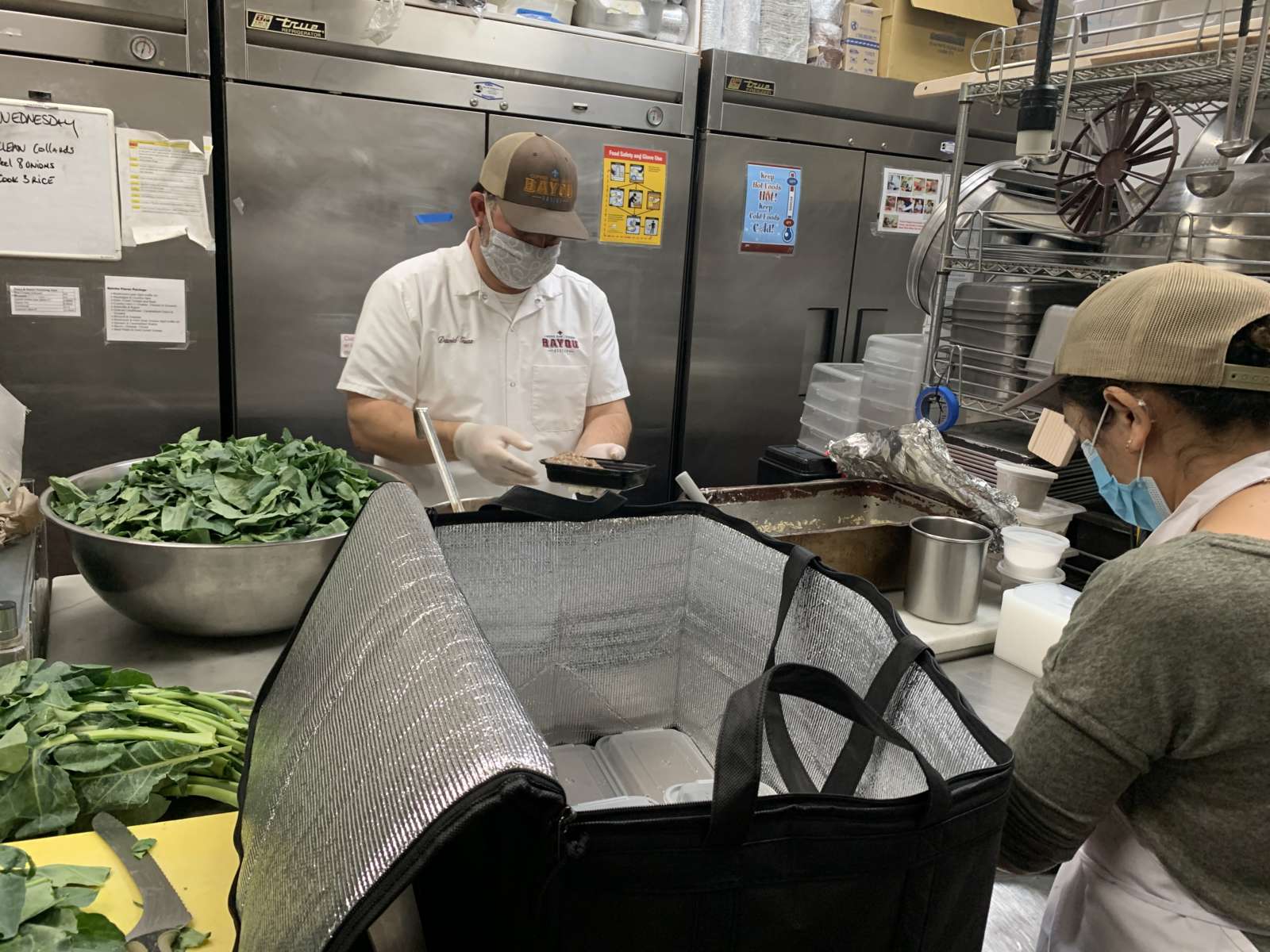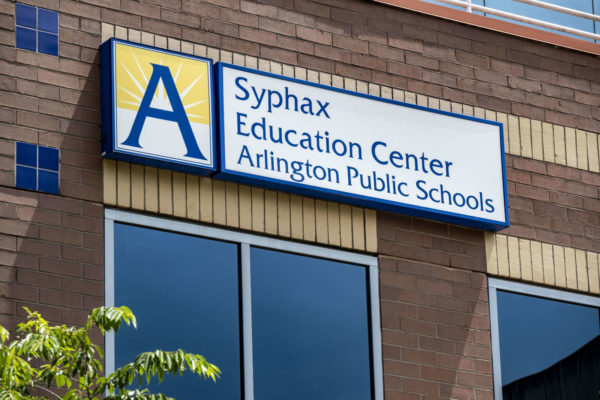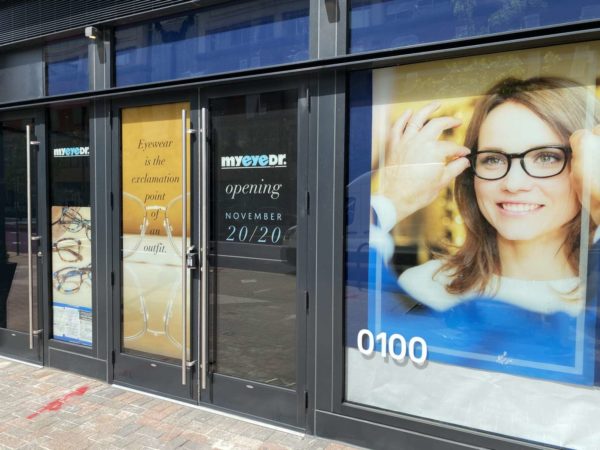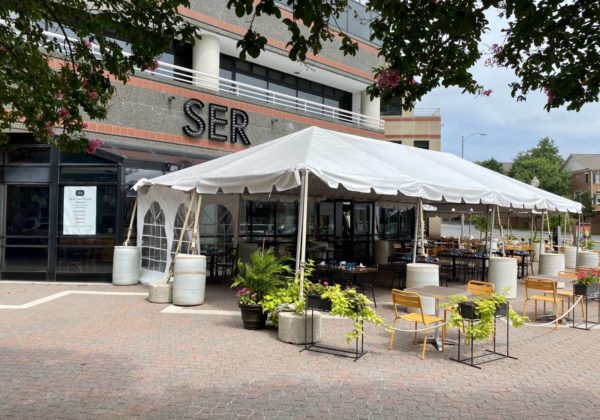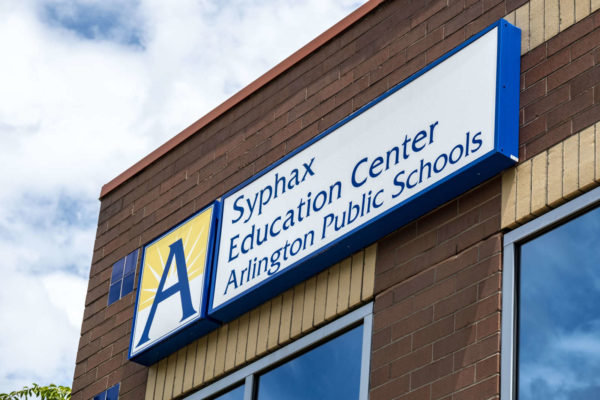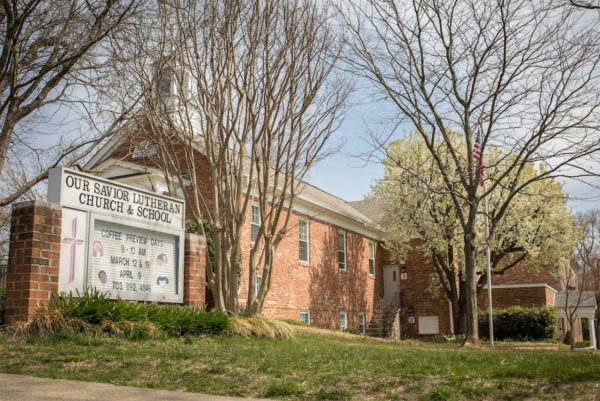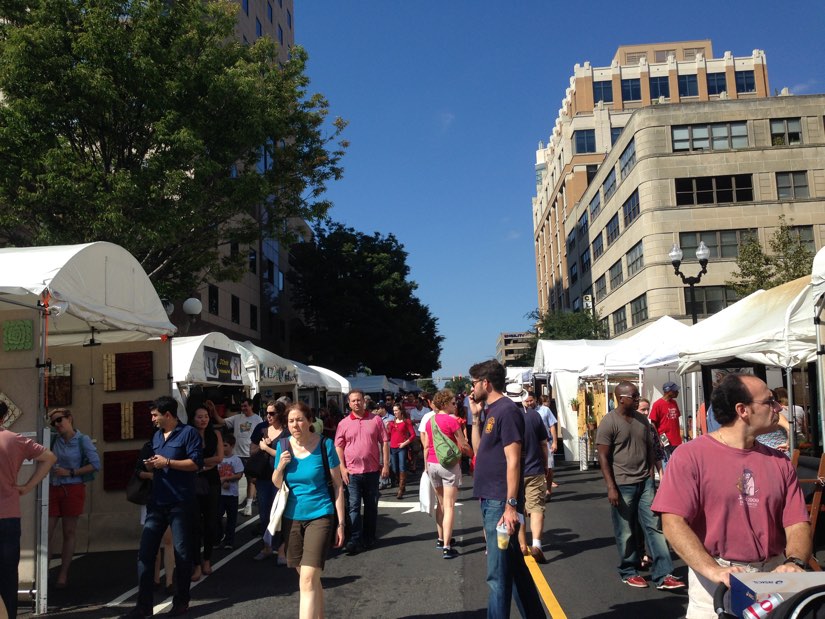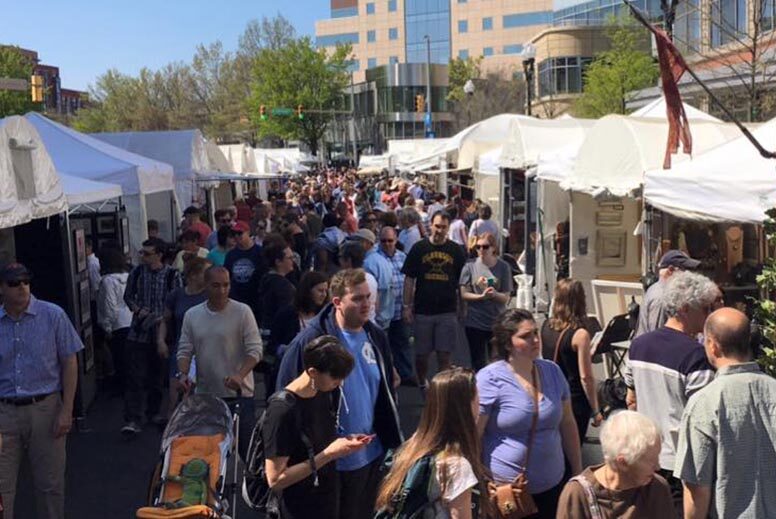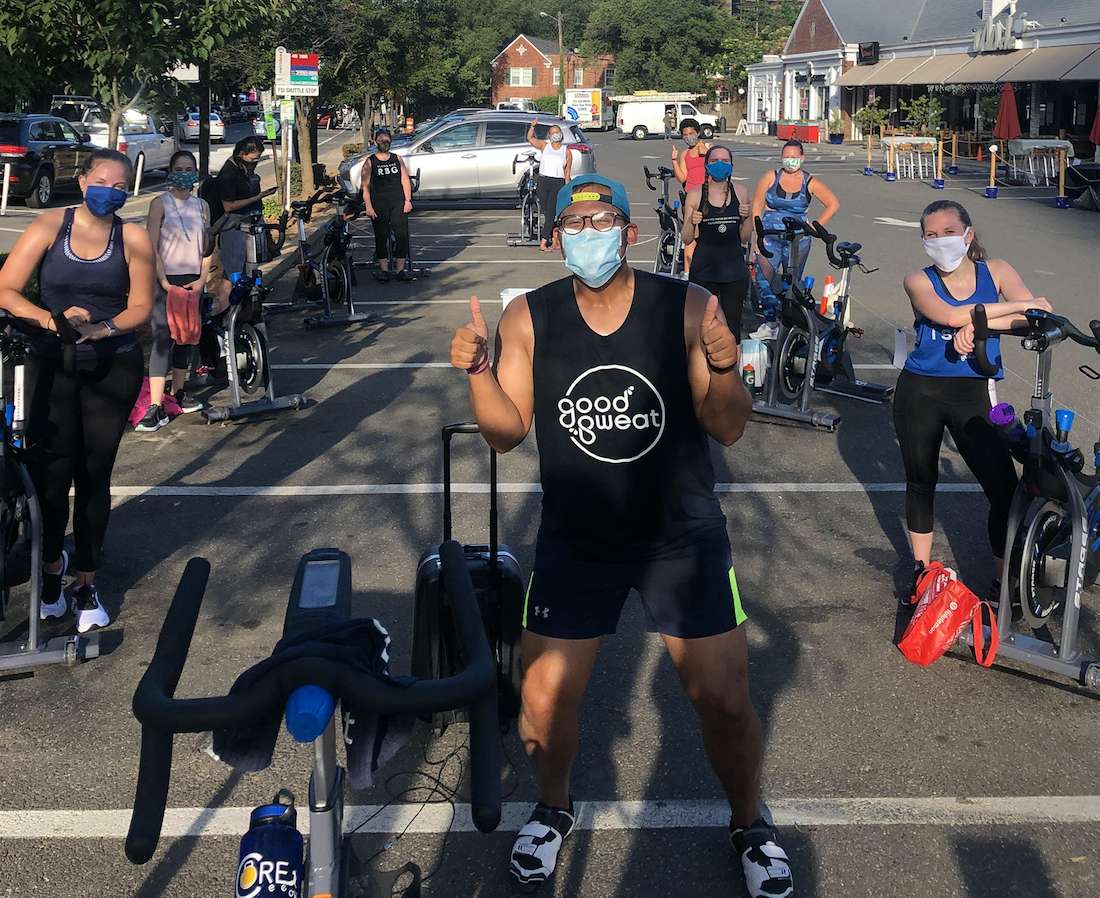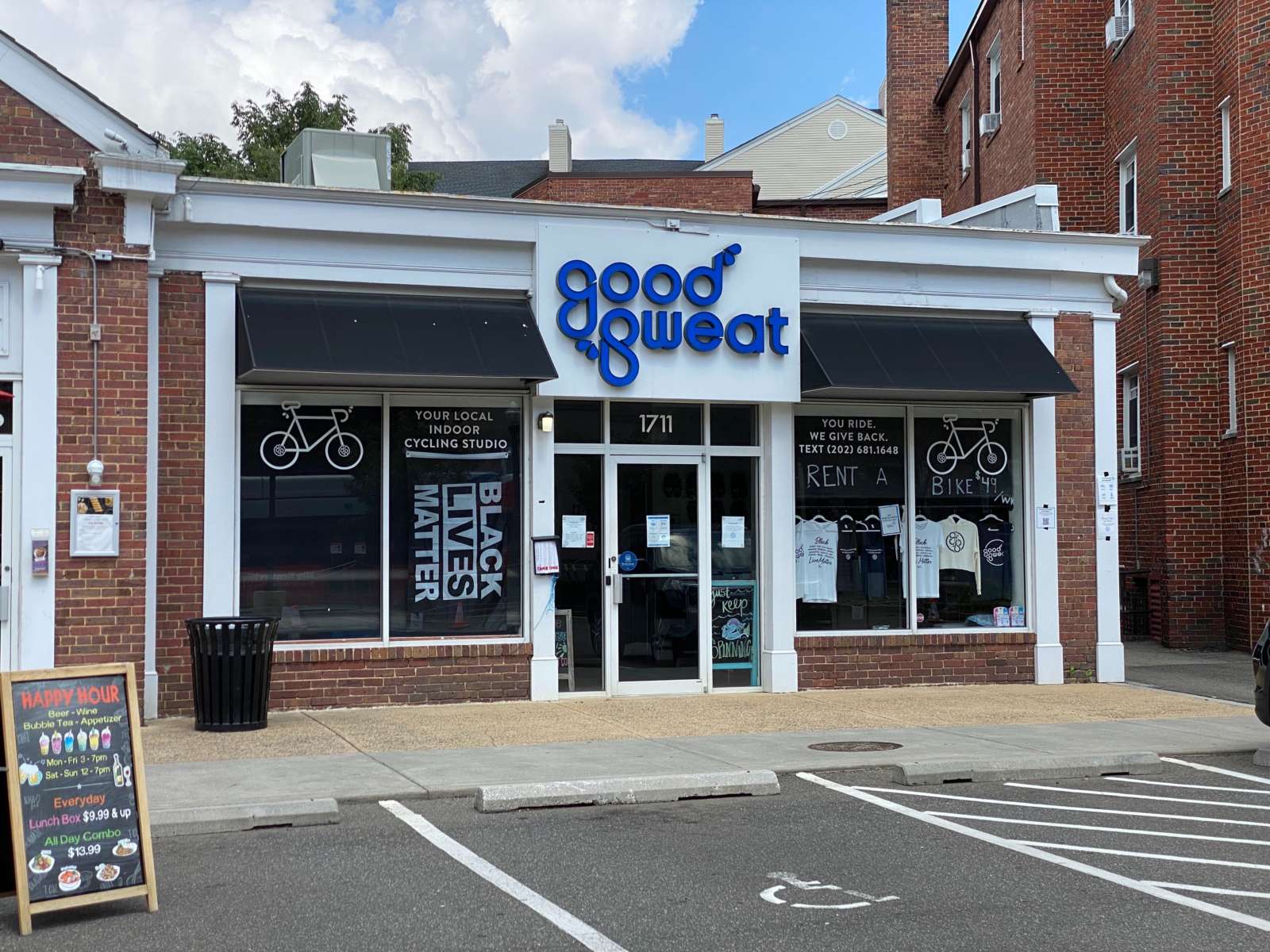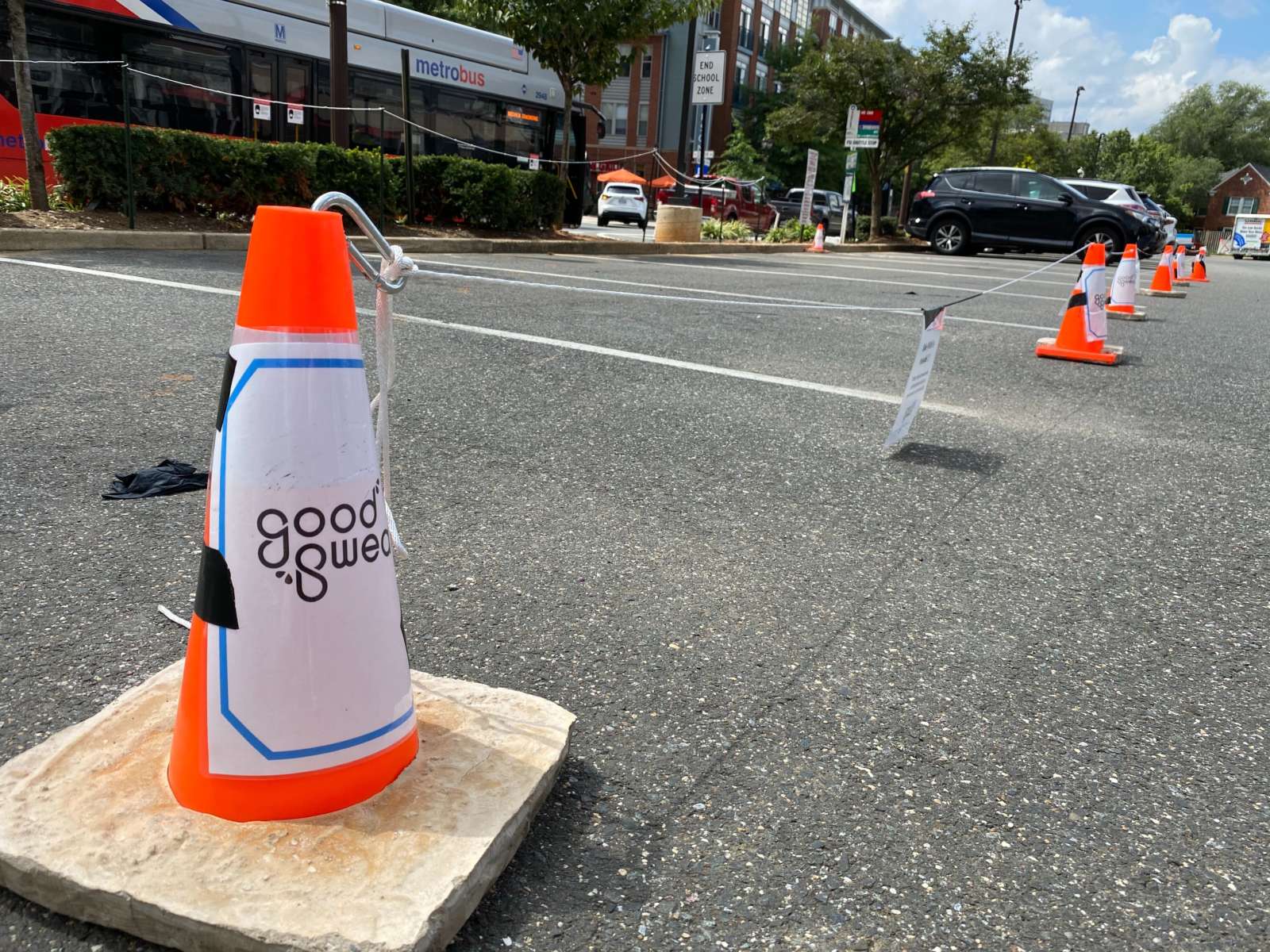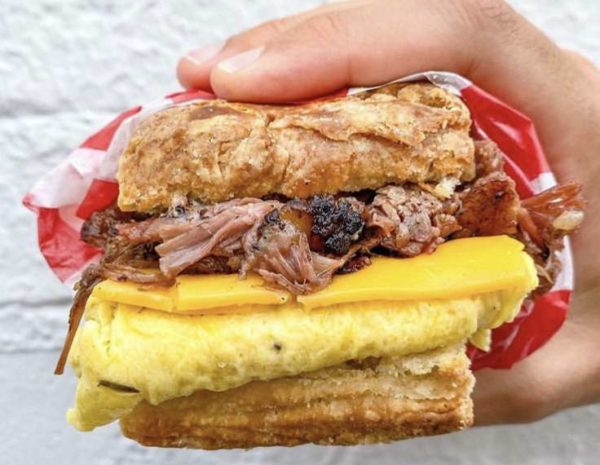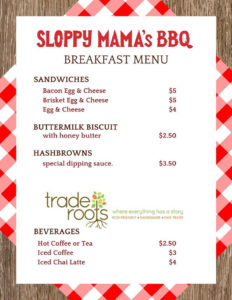Members of civic associations for Crystal City, Aurora Highlands and Arlington Ridge are developing a proposal for changes to Route 1
The associations, convening as “Livability 22202” in a Zoom meeting last night, focused on how to improve Route 1 in Crystal City, specifically where it goes over 12th Street S. and 18th Street S.
Proposed changes ranged from building storefronts or markets in the area underneath the overpasses, creating more open space where thick sandstone-colored walls now hold up the highway, and putting Route 1 underground to allow for development on top of it.
The discussion comes after the Virginia Department of Transportation (VDOT) hired a contractor to conduct a feasibility study of removing the overpasses and lowering the highway to ground level.
Darren Buck — an Aurora Highlands resident, professional transportation planner, and member of the Arlington Transportation Commission — presented the possible changes, saying they were ideas meant to set a line of thinking. Factors like cost, construction time and general practicality are yet to be fully considered.
“These really are kind of unconstrained by a lot of reality,” Buck said. “They’re really trying to get to what could we do that would address some of… the identified things that we are concerned about with the at-grade proposal and start to toss around alternatives.”
Ultimately, Livability 22202 will make “community-based recommendations for an innovative new vision for Route 1 and its cross streets between 12th Street S. and 23rd Street S.,” a slide in the meeting said.
If the highway was at-grade, it could be turned into an “urban boulevard” running through Crystal City, according to VDOT.
This would fall in line with the transportation portion of Virginia’s HQ2 deal with Amazon, which lists “improvements to Route 1 through Crystal City and Pentagon City” as a project the government would fund.
According to a 2018 Virginia Economic Development Partnership presentation, this project could cost around $250 million.
Livability 22202 said dropping Route 1, also known as Richmond Highway, to ground level would force pedestrians walking between east and west Crystal City to cross the busy commuter artery.
“We want a pedestrian-friendly, walking-friendly neighborhood,” Michael Dowell of Livability 20222 said. “Having Route 1 be an impediment to achieving that is a really big worry.”
Pedestrians can currently cross under the overpasses, which many do to access the Crystal City Metro station on the east side.
Another Livability 22202 meeting on the topic will be held on September 30.
Images via Google Maps


